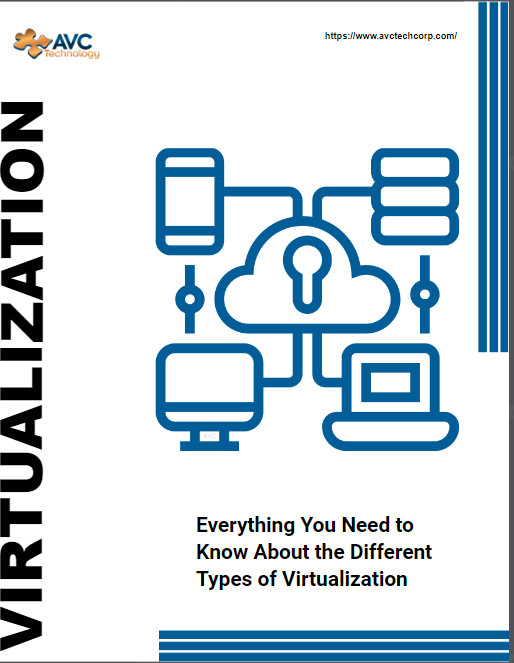What Is Virtualization?
Virtualization is an indispensable technology for organizations as it offers a range of advantages. By creating virtual servers, networks, storage, and operating systems, businesses can be more efficient and flexible, scaling their systems without investing in additional hardware.
Virtualization involves creating a virtual instance of a computer system that runs independently from the computer hardware. Most often, multiple operating systems are run on the same computer at the same time. The applications that are running on the virtualized machine act as if they are running on their own dedicated machine. In this setup, the operating systems, programs, and libraries on the virtualized system are unconnected to the host operating system.
Different Types of Virtualization
- Server Virtualization
- Network Virtualization
- Storage Virtualization
- Operating System Virtualization
The Future of Virtualization
Virtualization has many advantages for organizations. It allows them to make the most efficient use of their IT resources while providing flexibility and scalability. More and more businesses are implementing server, network, storage, or operating system virtualization as part of their IT strategy.
32%
According to Spiceworks research, 32% of businesses have already deployed desktop virtualization technology, and another 12% of businesses plan to bring it on board by 2024.












